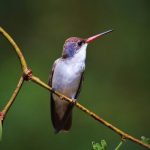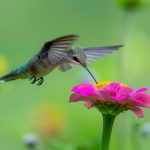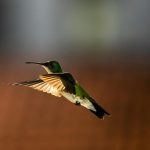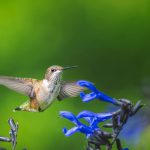Hummingbirds are fascinating creatures that bring joy to many backyard birdwatchers. However, there may be times when hummingbirds suddenly stop coming to feeders, leaving enthusiasts wondering what could have caused this change in behavior. Let’s explore some of the reasons why hummingbirds may stop visiting feeders:
1. Seasonal Factors
Hummingbird behavior can be influenced by various seasonal factors. Here are a few reasons why they may stop coming to feeders during certain times of the year:
- Migration: Hummingbirds are known for their long-distance migrations. They may leave an area during their migratory period to find more suitable feeding grounds along their journey.
- Flower Availability: During seasons when flowers are abundant, hummingbirds may rely less on feeders and prefer natural nectar sources. The availability of natural food sources can affect their visits to feeders.
- Breeding Period: During the breeding season, hummingbirds may focus on finding suitable nesting sites and attracting mates, reducing their visits to feeders.
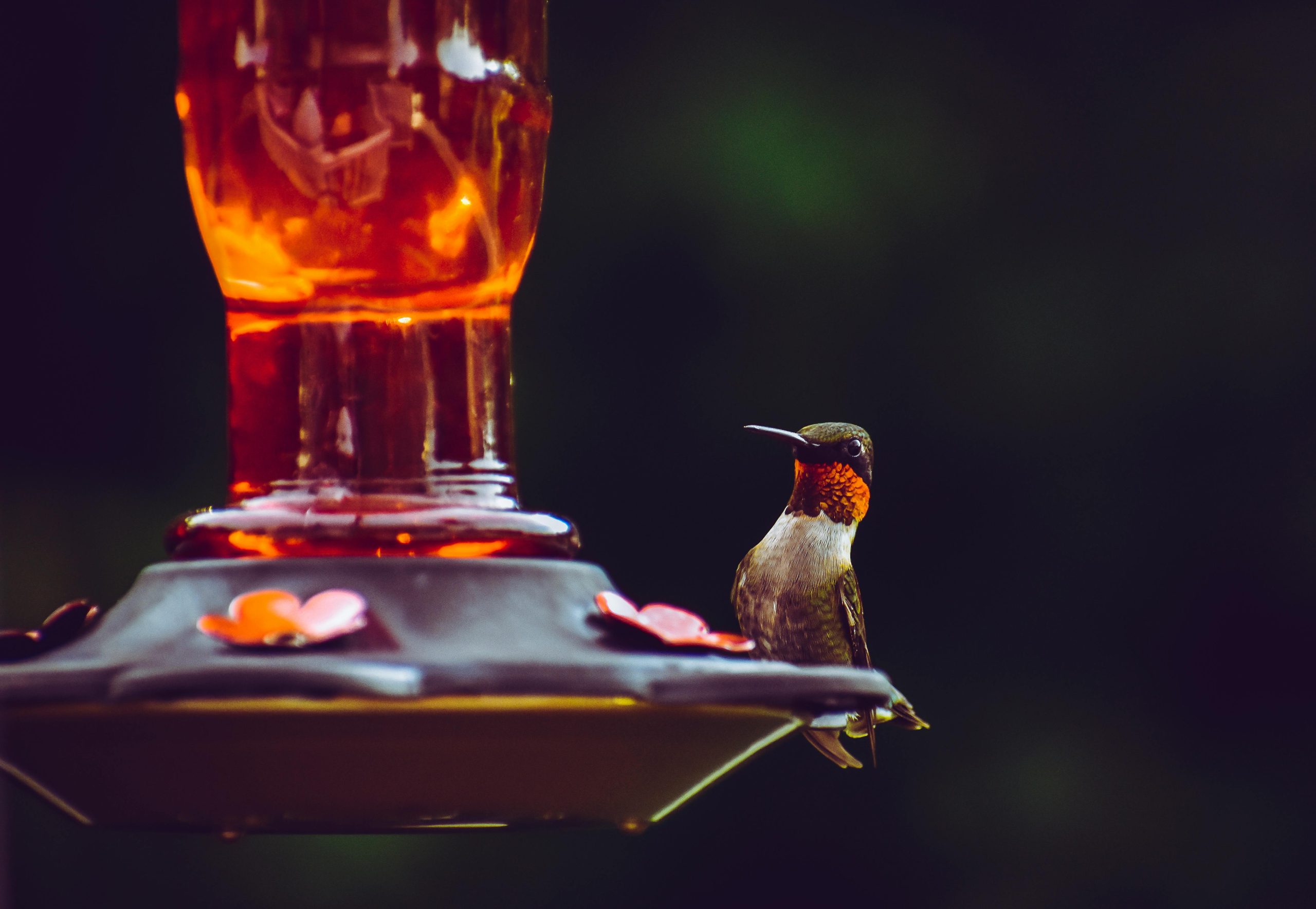
2. Changes in Feeder Placement or Appearance
Modifications to the feeder or its surroundings can have an impact on hummingbird visitation. Here are some reasons why hummingbirds may stop coming to feeders due to changes in placement or appearance:
- Feeder Relocation: If the feeder is moved to a different location, hummingbirds may take some time to find it. They rely on visual cues and memory to locate feeders, so a change in placement can temporarily disrupt their feeding patterns.
- Feeder Cleanliness: Dirty or contaminated feeders can deter hummingbirds. Mold, bacteria, or fermented nectar can be harmful to their health, leading them to avoid the feeder altogether.
- Feeder Design: Hummingbirds prefer certain feeder designs, such as those with bright colors, perches, or multiple feeding ports. If the feeder design is unattractive or inconvenient for them, they may stop using it.
- Presence of Predators: If there is an increased presence of predators, such as cats or larger birds, near the feeder, hummingbirds may feel unsafe and avoid the area.
3. Competition and Territorial Behavior
Hummingbirds are known for their territorial behavior. Here are a few reasons why competition and territoriality may cause hummingbirds to stop coming to feeders:
- Feeder Dominance: Some hummingbirds may become dominant over a particular feeder, preventing others from accessing it. This dominance can discourage other hummingbirds from visiting the feeder.
- Multiple Feeders: If there are multiple feeders in close proximity, hummingbirds may establish territories around each feeder. This territorial behavior can limit access to specific feeders, causing some hummingbirds to stop visiting.
- Increased Population: When there is a surge in the hummingbird population in an area, competition for limited food resources can intensify. This competition may lead some hummingbirds to seek alternative food sources.
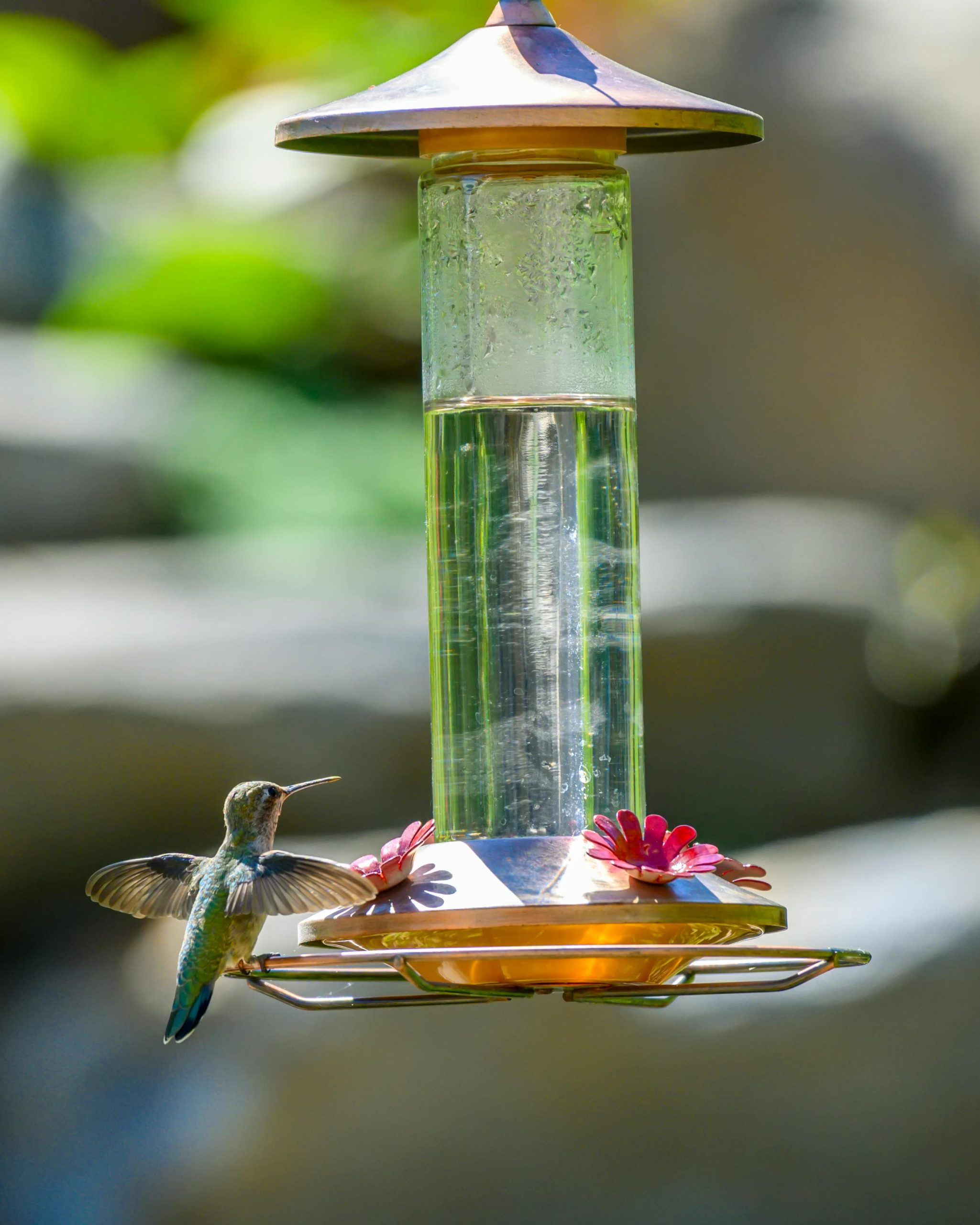
4. Natural Food Sources
Hummingbirds are highly adapted to feed on nectar from flowers. Depending on the availability of natural food sources, hummingbirds may reduce their visits to feeders. Here are a few reasons why natural food sources can affect hummingbird feeder visitation:
- Abundance of Flowers: If there is a plentiful supply of nectar-producing flowers in the area, hummingbirds may prefer these natural sources over artificial feeders.
- Floral Blooms: Hummingbirds have preferences for specific types of flowers. If their preferred flowers are blooming nearby, they may focus their foraging efforts on these natural sources.
- Seasonal Nectar Flow: Some regions experience a seasonal nectar flow, where certain flowers bloom in abundance for a limited period. During this time, hummingbirds may rely less on feeders and take advantage of the natural nectar bonanza.
5. Environmental Changes
Changes in the environment can also affect hummingbird behavior and their visits to feeders. Here are a few environmental factors that may cause hummingbirds to stop coming to feeders:
- Climate: Extreme weather conditions, such as heavy rain, strong winds, or cold temperatures, can impact hummingbird activity. They may seek shelter and natural food sources during such conditions, reducing their visits to feeders.
- Habitat Alterations: Destruction or alteration of their natural habitat, such as deforestation or urbanization, can disrupt hummingbird populations and their feeding patterns.
- Chemical Use: Pesticides, herbicides, and other chemicals used in the vicinity of feeders can affect hummingbird health and deter them from visiting the area.
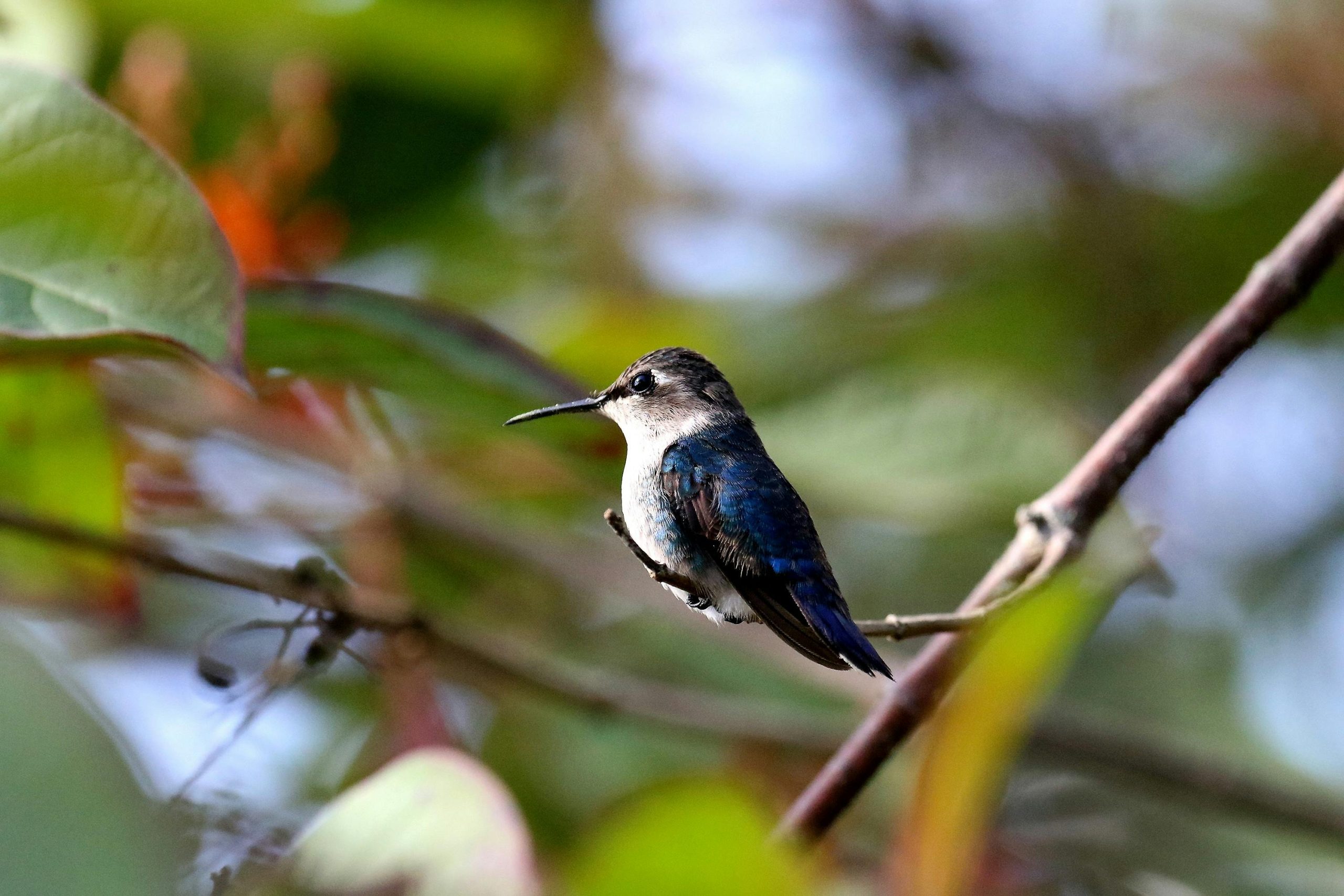
Conclusion
Hummingbirds may stop coming to feeders due to various reasons, including seasonal factors, changes in feeder placement or appearance, competition and territorial behavior, natural food sources, and environmental changes. It is essential to understand these factors and make necessary adjustments to attract and support hummingbirds in your backyard. By providing a clean, well-placed feeder with fresh nectar and creating a hummingbird-friendly environment, you can increase the chances of these delightful birds returning to your feeders.

